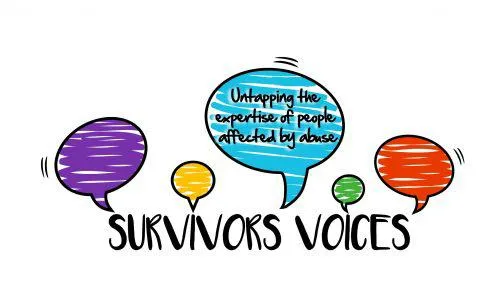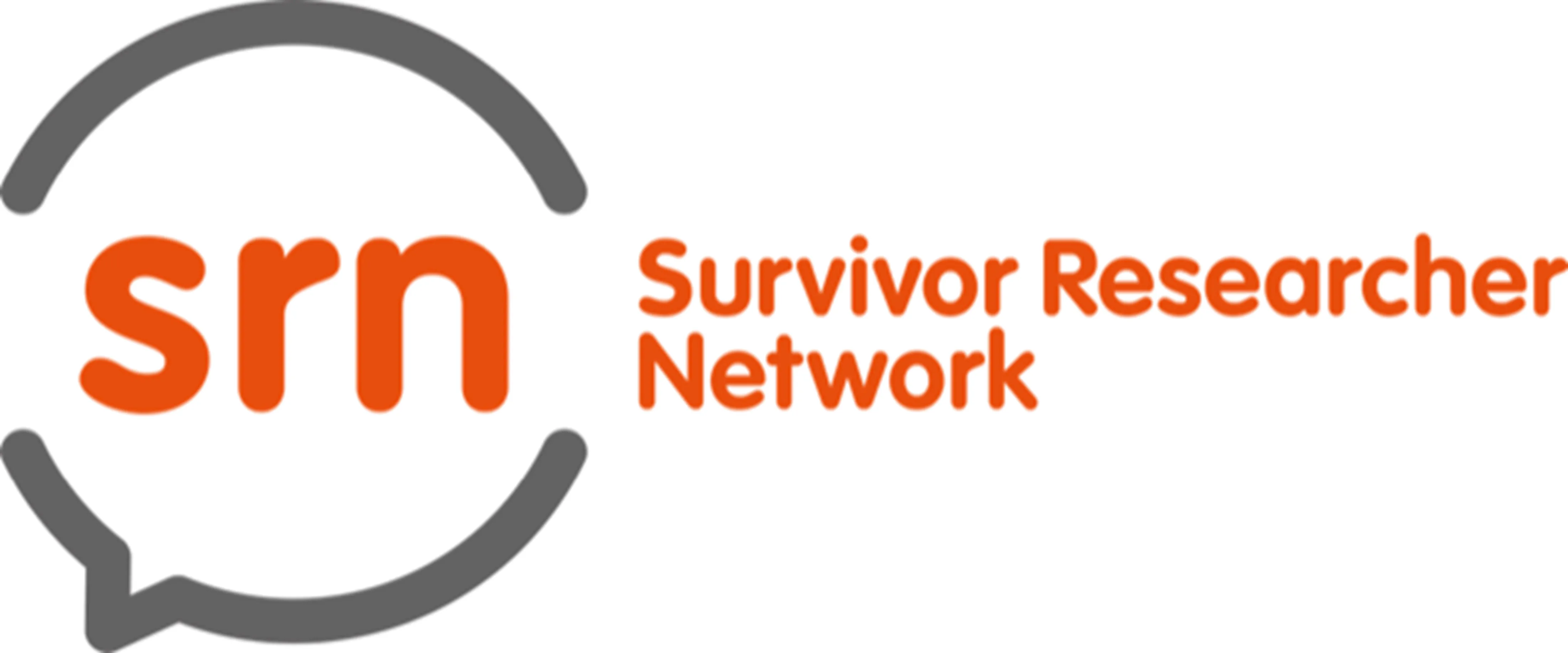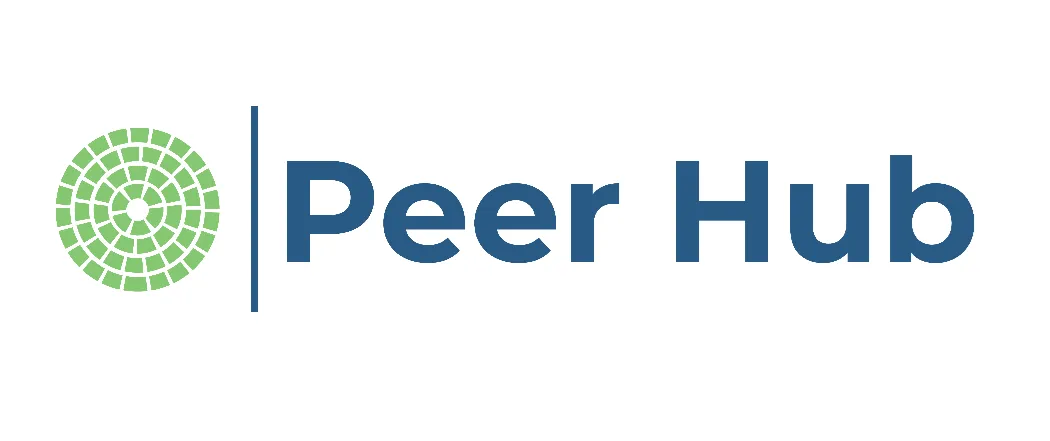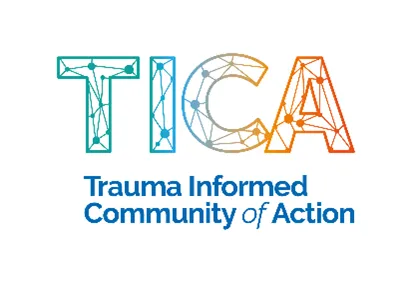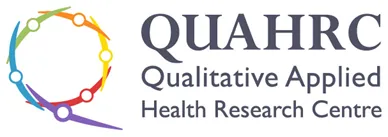About us
The Service User Research Enterprise (SURE) is a unique academic research group comprised predominantly of researchers with direct experience of neurodiversity, trauma violence and abuse, mental distress, and/or (ref)using mental health services. We conduct research from the perspectives of first-person experiences, developing novel and robust methods and ethical approaches to do so. We teach and support new generations of survivor researchers who are themselves shaping what survivor research is (See Work or learn with us Tab below). We also work with a range of groups and organisations to develop survivor-led research activities in the community, academia and the NHS (See Work or learn with us Tab below). We also support the LEAK - the Lived Experience at King's network - a networking, support and discussion space for people who use their lived experience in their work or studies at King's.
SURE offers Advisory Sessions (See Work or learn with us Tab below) on patient and public involvement (PPI) to researchers in Mental Health and Psychological Sciences (IoPPN) and the Centre for Society and Mental Health (KCL). Please visit our booking page to find out more.
The current Director of SURE is Dr Angela Sweeney, a trauma survivor researcher and Senior Lecturer in User Led Research.
Over the coming year, SURE researchers will be exploring the unique values and vision underpinning our work, including our focus on collective action; consulting, and building relationships with other groups and organisations; and re-imagining and communicating our overall purpose and mission.
Our Partners
In SURE, we collaborate and engage with a wide range of (often survivor-controlled) groups, research centres and organisations. Information and contact details for some of our partner organisations can be found below.
Traumascapes is a survivor-led organisation dedicated to changing the ecosystem of trauma and creating new horizons for survivors. Traumascapes combines lived expertise, art, and science into six workstreams: research, consultancy, education, advocacy, community, and healing. Together, these workstreams aim to understand trauma and develop new embodied healing approaches; equip professionals and institutions with the skills to work sensitively with lived experience; build knowledge of trauma; rewrite the sociocultural narrative of trauma; disrupt violent societies with safety and mutuality; and support survivors to heal through survivor-led creative therapeutic approaches. Traumascapes’ vision is a world that fosters safety and freedom to be, with a culture of understanding and mutuality, where healing is led by survivors, trauma is transformed, and joy is claimed. Website: www.traumascapes.org; Email: hello@traumascapes.org Instagram/Twitter: @traumascapes
Survivors Voices is a survivor-led organisation that harnesses the expertise of people affected by abuse in order to change society’s response to trauma. Their work is undertaken by an experienced network of volunteers and freelancers from a variety of backgrounds including: peer support networks for survivors; training and education including with universities, charities, health and care services and the church; and research and resources including The Charter for Engaging Survivors and the Survivor Involvement Ladder which evaluates survivor involvement in research. Website: www.survivorsvoices.org Email: connect@survivorsvoices.org Twitter: @voiceofsurvivor Facebook: www.facebook.com/survivorsvoicesuk/
The Survivor Researcher Network is a UK based user-controlled network for mental health service users and survivors with an interest in research. Previously hosted by NSUN, it is now an independent network and Community Interest Company which undertakes user-led research and evaluations and offers mentoring, training and consultancy for co-produced research. For survivor researchers, it offers a monthly discussion group, peer support, a newsletter, and a website with links to resources and opportunities. Their Manifesto and website can be viewed here. The SRN welcomes approaches from potential partners regarding research, training and consultancy.
Peer Hub CIC is a user-led, trauma-informed and human rights based not-for-profit organisation in County Durham, England. Established during the Covid-19 pandemic, they provide training and consultancy services for organisations who are seeking to make large scale change including implementing trauma informed care, rights-based approaches and peer support workforces. They use only choice-based strategic change and development tools, and promote the rights and relationships of staff, service users and communities in all the work they do. Peer Hub also provides practice and awareness trainings, including workforce-wide, bespoke packages in trauma informed approaches and peer support practice. Their income is reinvested in community services to provide free to access services for people experiencing struggle and injustice, and to support the development of lived experience and survivor fields of work.
The Trauma Informed Community of Action (TICA) aims to promote trauma-informed practice and shared learning, and shape and inform national policy and collaboration. It is based on the NHS Futures online platform, and is a place to discuss ideas and practice, find validated resources, and hear about and engage in research. TICA does this through webinars and events, connecting people on similar issues, sharing validated resources and learning together what trauma informed good practice looks like. We are always happy to receive more members, to join TICA please visit the Future NHS Platform. Alternatively, please email Divya on divya.dinraj@ahsn-nenc.org.uk
The ESRC Centre for Society and Mental Health exists to ensure that the impact of social context is central to how we think about and understand mental health. Research within the Centre aims to improve our understanding of the complex interrelationships between society and mental health; create platforms that enable new collaborations between disciplines and with community partners; and work closely with service users/survivors, communities, practitioners, and policy makers to design and assess novel evidence-based strategies for prevention and intervention. Website: www.kcl.ac.uk/csmh Email: csmh@kcl.ac.uk Twitter: @kcsamh Mailing list: https://bit.ly/CSMH_MailingList
QUAHRC is a qualitative research centre at the Institute of Psychiatry, Psychology and Neuroscience, King’s College London. The core QUAHRC team includes members from SURE (Angela Sweeney and Stan Papoulias). The QUAHRC aims to showcase the depth and breadth of applied qualitative health research across King’s College London; connect, train and support qualitative researchers; exchange knowledge and enable networking; and stimulate discussion on qualitative theory, methods and practice in order to contribute to high quality qualitative research. Website: www.quahrc.co.uk Email: quahrc@kcl.ac.uk Twitter: @quahrc Mailing list: www.quahrc.co.uk/join-our-mailing-list


